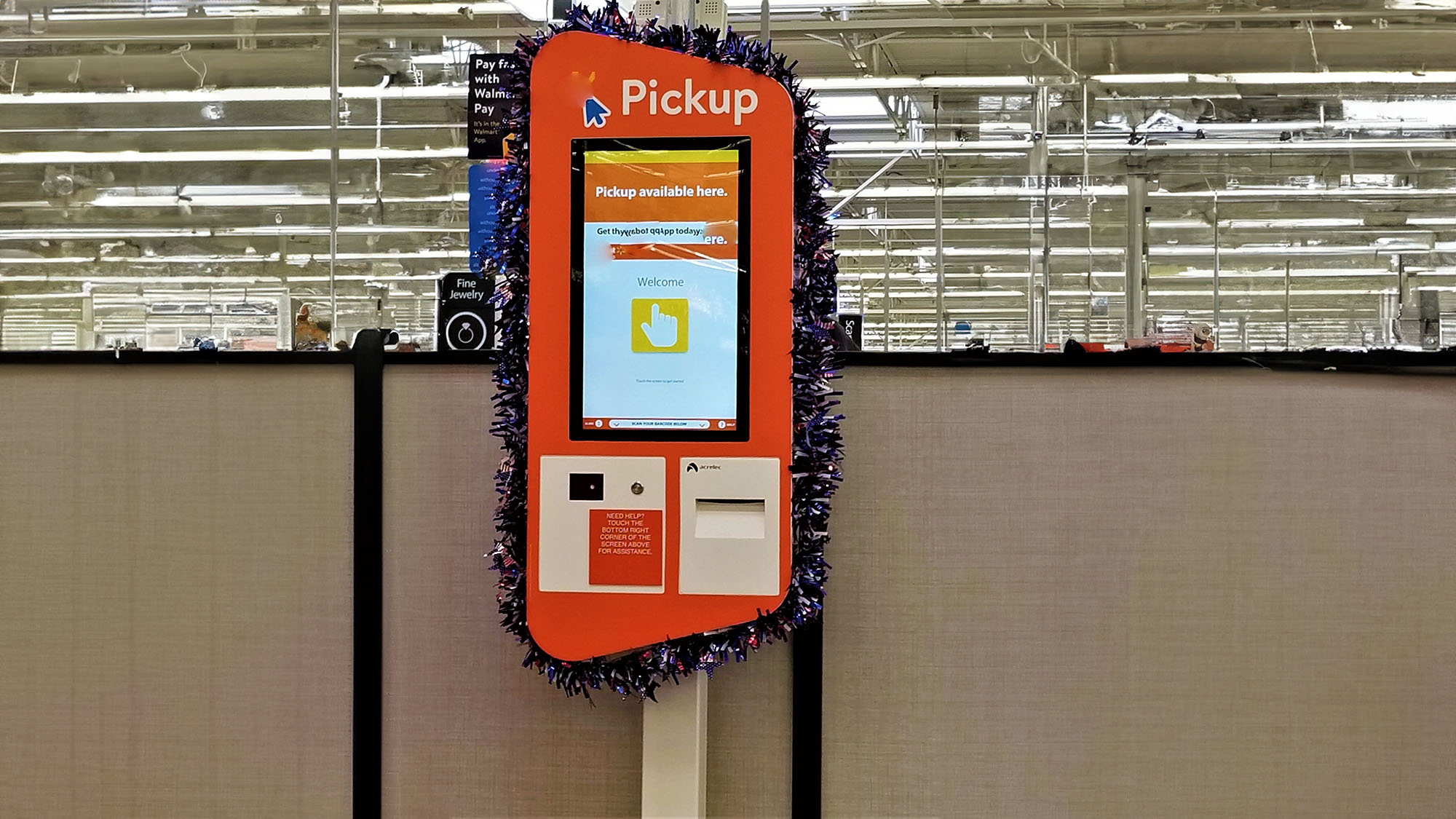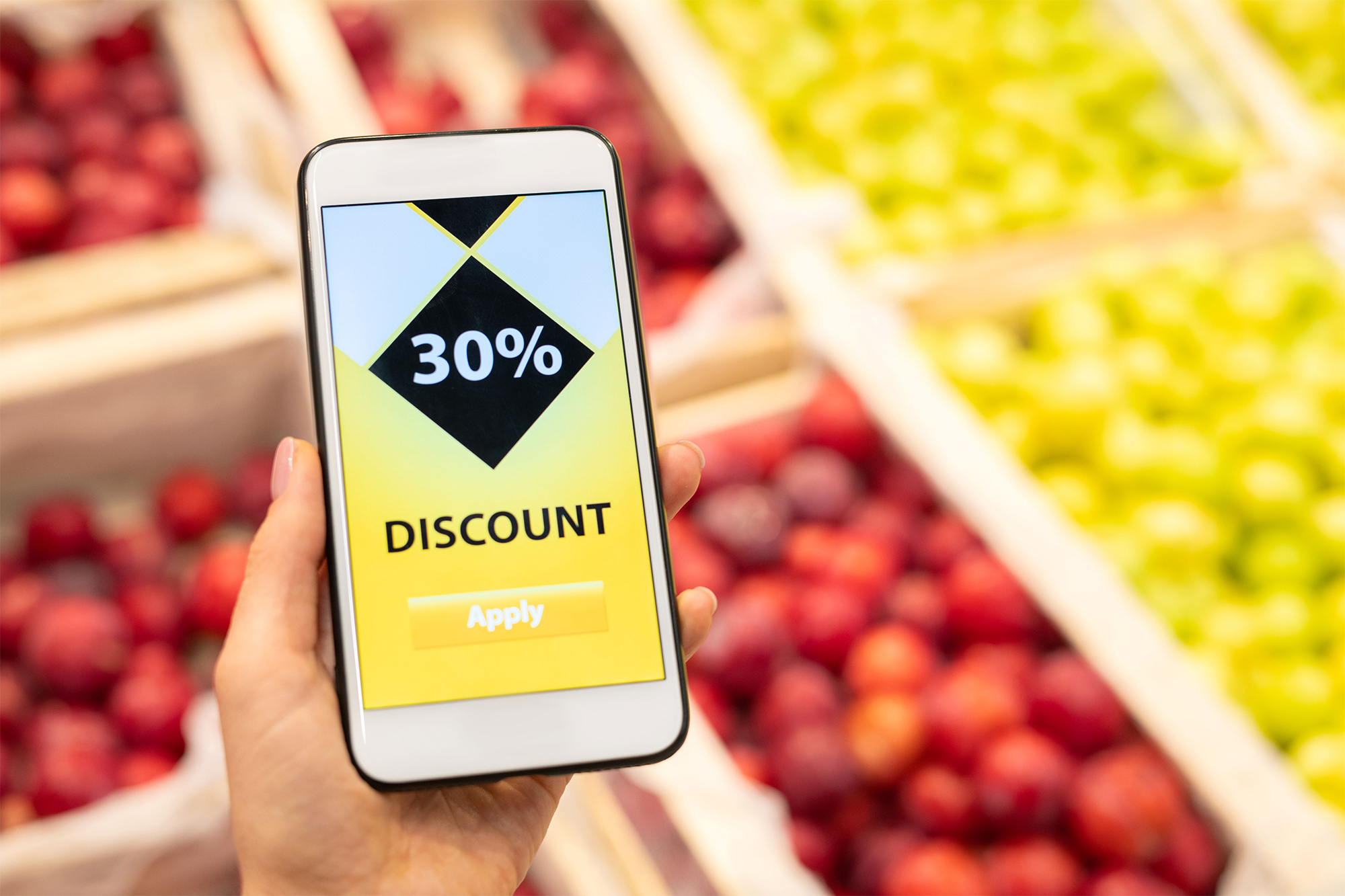Recycling Transformation: 6 Companies at the Forefront of Reducing Waste

At A Glance
- An overview of current recycling processes for the food waste generated in the grocery industry.
- Benefits of next-gen recycling initiatives for consumers and grocers.
- Insights into new recycling technology and how to generate new revenue streams by upcycling recycled material to generate new products.
- This article lists companies that provide end-to-end waste management solutions for grocers.
Walking the grocery aisles and encountering shelves of packaged goods, fresh deli, bakery items, canned goods, and dairy invigorates shoppers. These intriguing products are often packaged in cartons or cardboard boxes, plastic bottles, aluminum cases, and glass containers. Relishing the contents inside the packaging, however aromatic, often leads to the packaging being disposed of and hopefully recycled.
Grocery stores generate copious amounts of waste in food, containers (plastic, aluminum, or glass), and cardboard. According to the World Economic Forum’s Top 25 Recycling Facts and Statistics for 2022, only 5%-6% of the 40 million tons of plastic generated in the U.S. is recyclable. Thirty-six percent of all plastic produced globally is used to create packaging, with 85% ending up in landfills or incinerators. The materials burnt in incinerators or dumped in landfills leach chemicals into the air, ground, or water causing detrimental environmental harm.
The U.S. Environmental Protection Agency describes recycling as collecting, processing, and remanufacturing used material into a new product. This article is focused on the collection and sortation facilities for recyclable materials generated by grocers.
The collection of recyclable materials refers to assembling waste generated by businesses and consumers. Processing recyclable materials refers to the collected trash being taken to a material recovery facility, cleaned and sorted of any contamination, and separated to be taken for remanufacturing. Remanufacturing refers to sorted recyclable material being manufactured into newer products.
In the U.S., mechanical recycling has been the approach for the last decade; however, with consumer awareness, changing attitudes, and newer technologies, there are complementary technologies that will increase and accelerate recycling capabilities. Various factors contribute to recycling in the U.S., such as consumer behavior, recycling facility capabilities, and access and awareness of recycling centers.
The Importance of Recycling
Recycling initiatives contribute to reducing waste in landfills and a healthier planet by lowering the production of greenhouse gases. It also boosts the conservation of natural resources like land, water, and energy.
For example, a grocer selling bottled beverages in plastic containers can effectively promote its sustainable efforts by leveraging recyclable bottles. An initiative by one retailer in this space, Erewhon Market has recently become a launch retailer for biodegradable bottles produced by Cove Water. Recycling also boosts the economy by generating green jobs and provisioning for a new industry of recycling and manufacturing that can provide alternative revenues for employment in the grocery industry.
Recycling Complexities
One of the critical challenges faced by recycling companies is awareness and understanding by employees and customers at grocery stores about the materials that can be recycled. There is a constant stream of new materials used in the packaging industry, and grocers and recycling facilities must be prepared for new materials and designs.
Strengthening the recycling infrastructure requirements is challenging but can be accomplished with stricter regulations. The market for recycled material is on the rise and must be strengthened by integrating it into the packaging value chain. Another challenge the recycling industry faces is the need for standardization metrics for measuring waste and recycling system performance.
Recycling is not only a moral imperative but also a solid business decision. The environmental and social awareness about recycling and waste management is making genuine headway across the U.S.
Below are six companies revolutionizing the recycling landscape by offering sustainable solutions for a greener tomorrow.
Disruptive Innovators
AMP Robotics - AMP Robotics (Automation Manipulation and Perception) is revolutionizing the waste and recycling industry by reimagining AI and robotics to recover commodities that can be reclaimed as raw materials. Founded by Matanya Horowitz in 2015, the company automates the identification, sorting, and processing of complex waste streams. The solution integrates its state-of-the-art AMP Neuron AI platform that trains itself to recognize and identify material in the recycling facility with its Cortex Robotic sorting component that picks and moves material.
PureCycle - Purecycle revolutionizes how we view and use plastic. The company was founded in 2015 by Dustin Olson and transforms No 5 plastic, which cannot be recycled by traditional means and ends up in landfills, into an ultra-pure recycled resin. Its groundbreaking patented purification process removes color and undesirable odor from No 5 plastic and produces a pure recycled resin that can be used repeatedly. The company has partnered with Nestle to develop new packaging materials that help avoid plastic waste.
WATS - WATS, an acronym for (waste administration + tracking software), is a women-owned business waste management platform. It connects businesses that generate waste with vendors to optimize waste operations and management planning. Founded in 2022 by Meredith Danberg-Ficarelli and Laura Rosenshine, the company provides waste-focused training and education, sustainability reporting, cost analysis, and diversion insights.
Recycling Initiatives
Champion Waste & Recycling - An experienced waste and recycling service providing solutions to restaurants, retailers, hotels, and others, in organic, e-waste, commercial, and construction recycling. The company operated North Texas's first single-stream construction recycling facility. The woman-owned, family-operated company was founded in 2002 and delivers waste diversion through innovative recycling technologies.
TerraCycle - The company develops global solutions to recycle hard-to-recycle waste. It partners with brands and retailers to collect and recycle waste that typically ends in landfills. In 2001 Tom Szaky founded the company with the idea of eliminating waste. The company creates platforms to move consumers from disposable, single-use packaging to durable, reusable packaging. The company has partnered with Loreal, Pepsico, Procter & Gamble, and Kroger. The company has teamed up with Kroger in its innovative Our Brands Recycling Program that encourages consumers to mail in flexible plastic bags.
RoadRunner Recycling - Founded in 2014 by Graham Rihn, the data-driven waste management company helps businesses optimize operational efficiencies in traditional waste and recycling management. The company’s platform is built on the foundations of machine learning. It can predict the volume of material waste generated by grocers and supermarkets. An end-to-end waste management solution is curated for the specific business that includes paper, cardboard recycling, food composting, and waste pickup. The technology can predict the most appropriate containers to organize waste effectively.
In conclusion, recycling has many aspects, and consumer behavior, awareness, and government regulations are essential to strengthen the recycling industry. Conducting a waste audit, establishing business policies, educating employees about different types of recyclable material, and adopting newer recycling technologies is a win-win for grocers.


.png)





.jpg)




.png)

